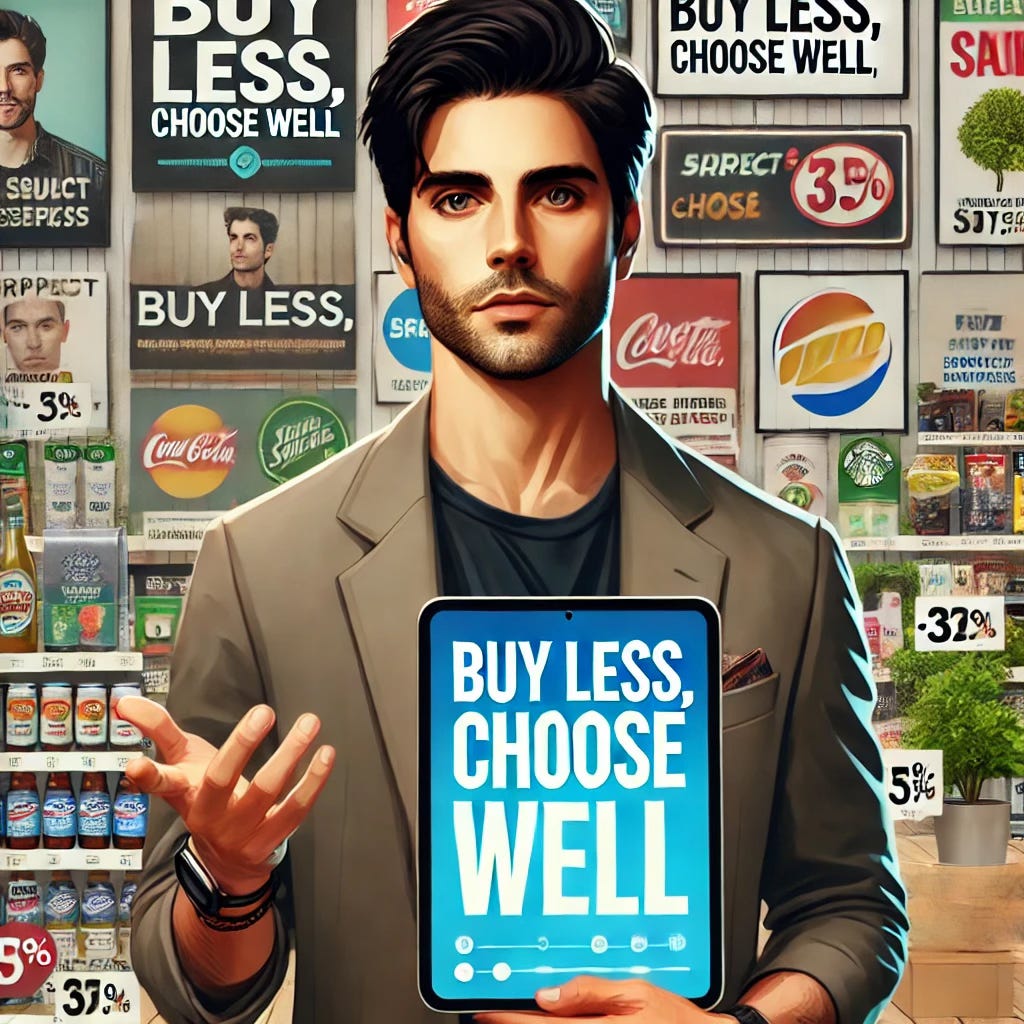The Teardown
Monday :: July 29th, 2024 :: Approx. 4 min read
👋 Hi, this is Chris with another issue of The Teardown. In every issue, I cover how we evolve in concert with the technology that enables our day-to-day lives. If you’d like to get emails like this in your inbox every week, hit the subscribe button below.
An influencer is someone that promotes a trend, product, or idea via explicit social broadcast channels. They might have a contract with a skincare brand that requires them to post specific content. That brand pays the influencer to post with some frequency but also benefits from the influencer’s audience.
You might see these influencer posts in your Instagram feed, tap on a linked product (e.g. Stanley Tumbler), and hand over hard-earned dollars soon after. In essence, the job of the influencer is done at that point. They’ve converted their reach into a financial transaction for a brand. This arrangement may repeat many times if it is a success for the influencer and the brand. Everyone should get rich.
Is the influencer a true ambassador of the brand, or a mindless advertising drone? Maybe somewhere in between.
Whatever you believe, it’s possible to see the same posts (and others like them) in your social feed many times over. And, seemingly without conscious thinking or free will, you’re buying everything. Targeting advertising is working remarkably well.
So, is it time to rebel?
Remy Tumin wrote about an amusing anti-influencer trend on TikTok:
Like many TikTok users, Meghan Pexton found herself constantly bombarded with videos of influencers suggesting items she should buy — such as matching workout sets and $4,000 couches, along with the aspirational lifestyle that goes with those items.
So when TikTok served Ms. Pexton, 24, a stream of content over the July 4 holiday weekend that featured scenes of luxury in the Hamptons in New York, she reached her limit.
“Is anyone just over the era of influencers recently?” she asked her TikTok followers. “I can’t do it anymore. I can’t watch any more videos of people going to Pilates at 5 a.m. and drinking their greens and bone broth and walking around the city and sending emails and going to the Hamptons on holidays.”
She was not alone.
After years of being told what to buy, TikTok users are trying something new: buying and using only what they need. They’re calling it “underconsumption core,” the latest move away from influencer culture. Instead of pristine fridge shelves, makeup bags with the latest products and fashion fads, users are posting simplified closets, secondhand clothes that have lasted for years and minimal makeup and skin care collections.
The article describes this underconsumption trend in more detail. Have a look if you’re curious.
But Remy glosses over one enormous elephant in the room: underconsumption and the “de-influencers” are just more of the same. They are serving garbage with a prettier tarp on top to the same audience:
Ms. Wiebe, 30, a communications manager for a legal nonprofit in Ohio, began to notice her own spending habits late last year. Now she considers herself a “de-influencer” and creates videos that call out unnecessary and wasteful products.
These sorts of behavioral contradictions should turn everyone into skeptics. A given user is sick of influencers, and to combat that sickness, posts social media rebuttals. Those rebuttals are tossed into the same algorithmic funnel, boosted, and consumed by thousands (if not more) of other users.
What’s that called? An influencer. An influencer post.
It is either absolutely absurd or beyond-my-intellect clever that you fight an influencer trend by creating an influencer trend. Also, the irony is not lost on me. I’m writing this post within the walls of a platform that is trying to a grow a writer-focused social network, in addition to its stated goal of building a better business model for writing.
I don’t see how, in clear view, we combat systemic problems created by social media with more social media use.
If you don’t want to buy things, don’t buy them! You don’t need to hashtag your journey to a simpler life to hundreds of thousands of thirsty brainless consumers. If, instead, you want to buy them, unlock your wallet and go forth.




